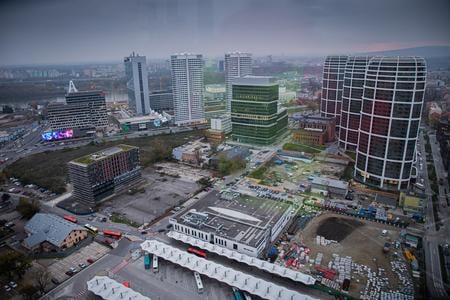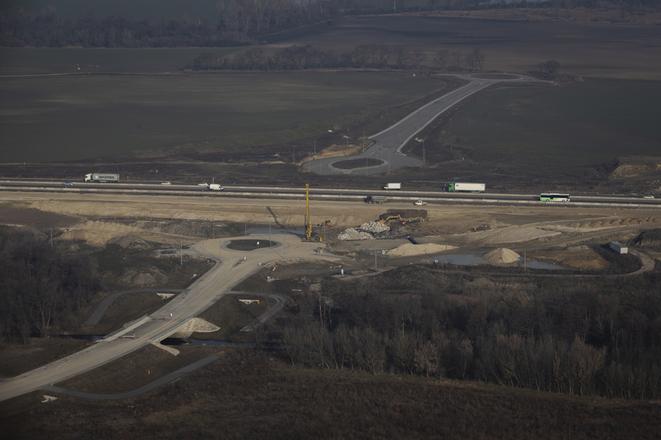More than 50 years since work first began on it, the highway that is supposed to run between Bratislava and Košice, the country’s two biggest cities, remains uncompleted.
One of the reasons often put forward for the failure to finish the link is the complicated and lengthy approval processes.
In an effort to change this, the Transport Ministry has proposed a new law on the use of exceptional measures in the planning and construction of strategic investments and construction of EU-level Trans-European Transport Network (TEN-T) projects.

But while Transport Minister Jozef Ráž has said the legislation will shorten standard preparatory and permission processes to two-three years, lawyers warn that this may be at the expense of the environment and people’s rights.
“The law does not attempt to speed up the process by increasing the efficiency and professionalisation of [central] and local government bodies’ decision-making processes, but by shortening the statutory time limits for the application of instruments designed to protect citizens’ constitutional rights, or by abolishing them outright,” Silvia Hlavačková, lawyer and partner at law firm TaylorWessing, told The Slovak Spectator.

“We are concerned that speeding up the permit process in this way may, for example, be to the detriment of nature conservation and therefore to the detriment of all, including future inhabitants of any given region,” added Hlavačková.



 Currently, standard preparatory and permitting processes in Slovakia can take 14 years to complete, according to the transport minister. (source: SME-Marko Erd)
Currently, standard preparatory and permitting processes in Slovakia can take 14 years to complete, according to the transport minister. (source: SME-Marko Erd)